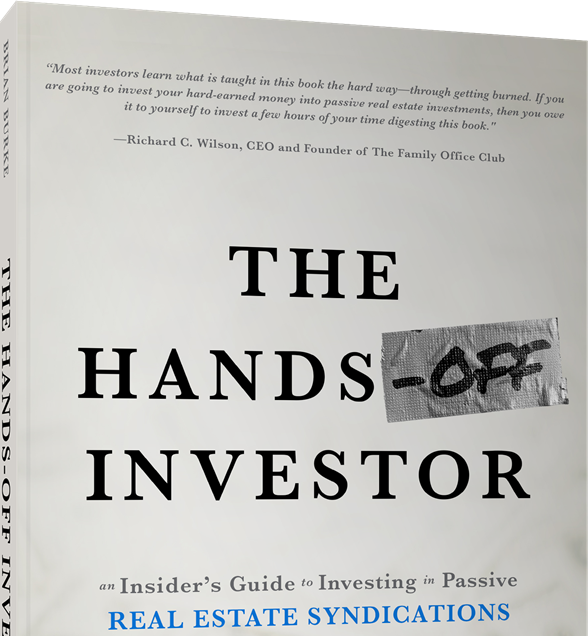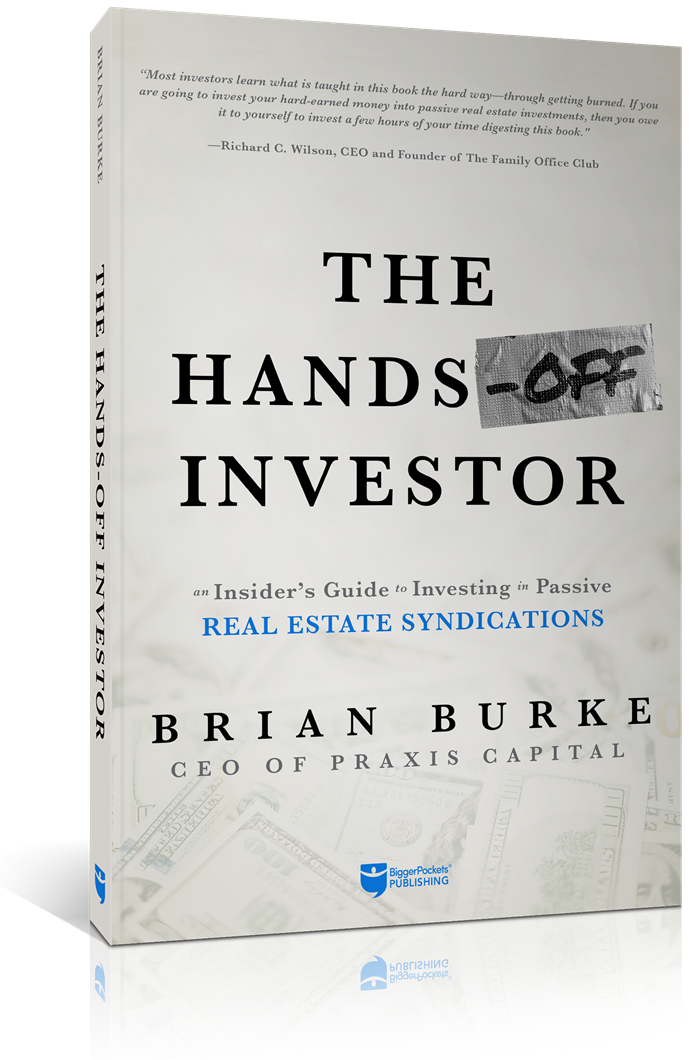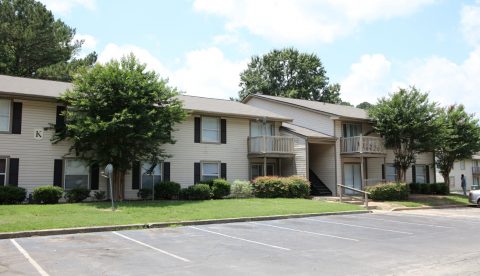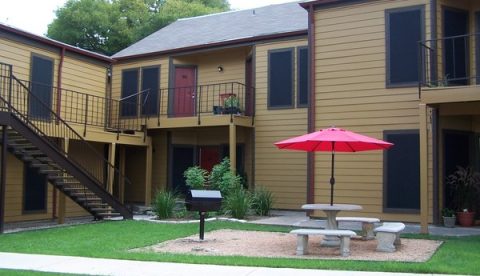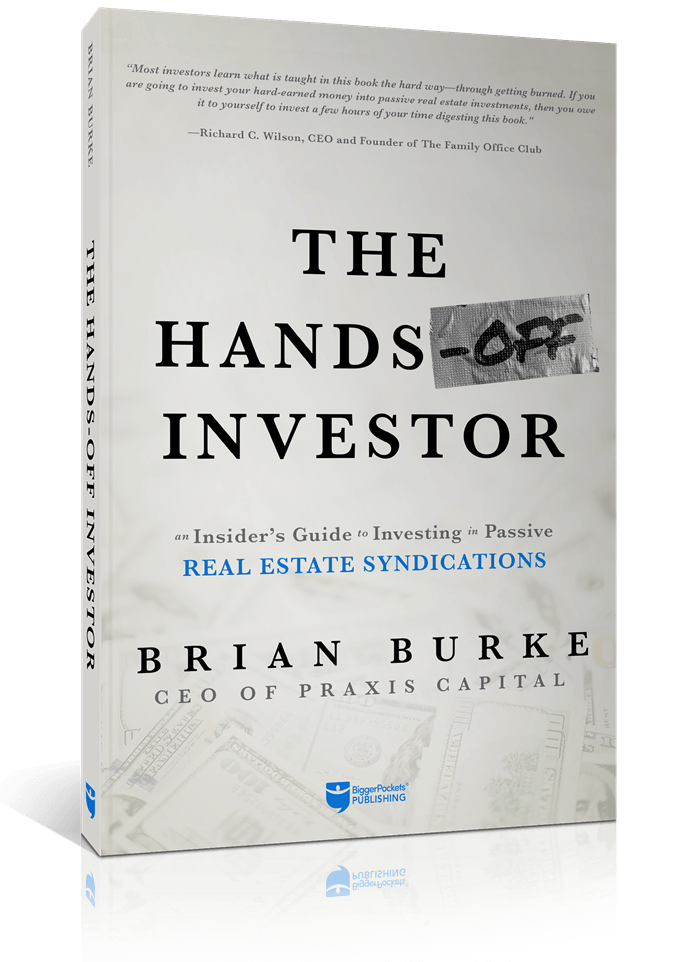Why You Need the Diversification of Investing in Real Estate

Unless you play in the NBA or host a late-night network TV show, you’re almost certainly not going to get wealthy off salary alone.
The rest of us, regardless of what we do for a living, have little choice but to be investors.
Leveraging your money, getting it to work for you instead of the other way around, isn’t merely optional for anyone who wants to build a lasting fortune.
As tempting as it is to think that merely investing in stocks and bonds is the surest way to gain wealth, the truth is that a portfolio containing real estate offers greater stability and far less chance of collapse than a portfolio wholly invested in publicly traded securities does.

Take Care of the Downside
Among the traditional axioms of investing (“Buy low, sell high”; “Start early”; “Defer taxes as late as you can get away with”), perhaps the most helpful yet least publicized one is “Make your money going in.” In other words, it’s better to find undervalued assets before you commit than to cross your fingers in the hopes of a huge gain once you eventually sell.
You can’t control what the market might do, and you can’t predict appreciation. You can, however, recognize where opportunities lie and take advantage of them. The same holds true for value investing in real estate.
Is real estate volatile? Well, technically every investment class is volatile, with the possible exception of Treasury bills and other government debt vehicles that offer guaranteed but microscopically low interest.
Stocks, however, can be delisted, fall victim to scandalous management; or ultimately lose to the whims of the marketplace when the company that issues the stock makes products or services that the public no longer wants to buy.
Not so with real estate, which even in a worst-case scenario will always have some tangible value.
And the Upside Will Take Care of Itself
Of course, that’s the limited worst case. In reality, real estate can and does offer consistent cash-on-cash returns that no other investments can touch. Even better, you don’t necessarily have to start from scratch to see returns on a real estate investment.
Rather than take on the capital expenditures of building a revenue-producing property from blueprint stage all the way to occupancy, making strategic improvements to an existing property can be the most cost-effective way to realize returns.
For instance, converting an apartment building into condominiums involves low expenses (relative to building condos from the ground up) that can justify price increases far beyond the initial outlays.
Even something as simple as installing stackable washers and dryers in a multifamily building can spur rent increases that end up covering the cost of the appliances in less than a year. Which makes everything beyond that pure profit.
Upgraded flooring, exterior improvements, and enhanced landscaping aren’t just aesthetically pleasing – they’re good business.

So Where To Start?
The beauty of introducing exposure to real estate into your portfolio is that there are so many ways to do so, each with its own positives.
Real estate investment trusts (REITs) offer tremendous liquidity; with the right broker, you can get into or out of an investment in minutes. However, publicly traded REITs are highly correlated to the volatility of the stock market.
Private lending on a single property provides strong collateral. Multifamily residential buildings are typically secure, given that no matter how bad the economy gets, everyone needs a place to live.
Office properties can perform superbly in times of low unemployment, with big lease dollars chasing finite space. (And because it takes so long to build new office buildings, that puts owners of existing buildings at a distinct advantage.)
Be Smart
Of course, diversifying your investments by embracing real estate means taking precautions that are particular to the industry.
One option is to become a passive investor with a professional real estate investment firm, who can provide expertise on all aspects of the investment opportunity, including underwriting, additional value creation, construction and property management.
For active residential landlords, paying a property manager will provide peace of mind that’s far more than worth the 8% or so of collected rents that the property manager will charge.
Also, finding more suitable properties (due to demographic shifts, new zoning laws etc.) is easier once you make your initial foray into the real estate sector. Contrast that with an investor whose entire fortune is locked into index funds, and who is necessarily limited in his or her chances for growth based solely on the movement of the public debt and equity markets.
Even to those players who get rich in the stock and bond markets, private real estate offers real portfolio diversification.
The correlation between private real estate on the one hand, and both major forms of marketable securities on the other, has been historically weak. That’s the essence of diversification, with real estate investments providing a distinct and unrelated return when compared to Wall Street offerings.
Furthermore, real estate is largely immune to the effects of inflation. Real estate is perhaps one of the only investments that mitigates risk from inflation while allowing investors to hold onto the purchasing power of their capital.
A weakening currency or rising interest rates can cause stock and bond account balances to be negatively impacted. Not so with real property, which maintains its intrinsic value regardless of a declining worth of the dollar or rising interest rate environment.
And, at least with regard to investing in a primary residence, even if catastrophe strikes the investment itself has utility: if worse comes to worst, you can live in your investment. Try doing that with Radio Shack stock.
Housing crises are rare, and necessarily limited in their scope. But the number of stock and bond issues that have come crashing down is long and ever growing.

The Bottom Line
Will Rogers wasn’t kidding when he said, “Buy land. They ain’t making any more of the stuff.”
Extending his pithy quote to more advanced forms of real estate beyond the soil itself, improvements such as residential and commercial properties are still being “made” every day, offering a suitable investment for the disciplined investor who understands how to trade off revenue against expenses.
The key is finding the right professionals who can help facilitate your decision to diversify into real estate.
